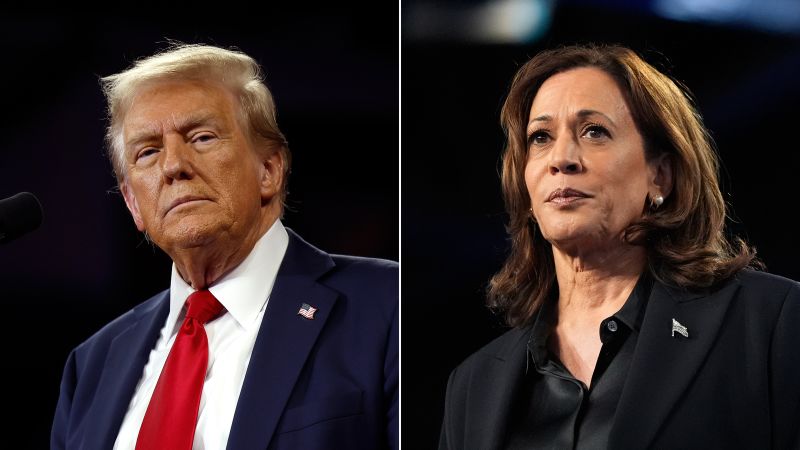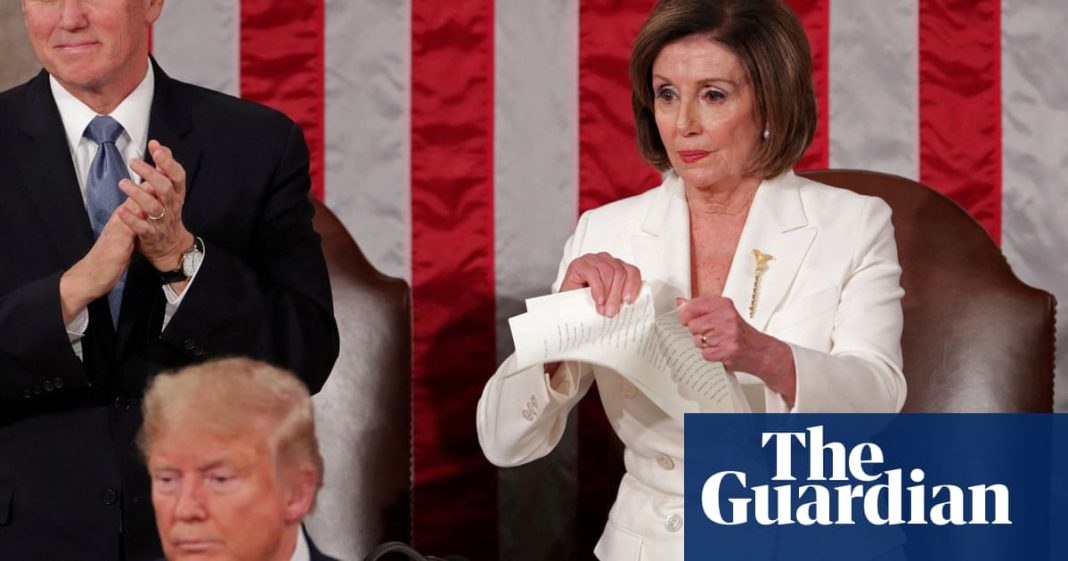Understanding the Electoral College: How the U.S. Elects Its President
When it comes to U.S. presidential elections, the process can be a bit of a head-scratcher, especially for those of us down under in Australia. Instead of a straightforward popular vote determining the winner, it’s all about the Electoral College. This unique system has its fair share of critics, and for good reason. So, let’s break it down and see how it all works.
What is the Electoral College?
At its core, the Electoral College is a group of representatives from each state who officially elect the president. Each state, along with the District of Columbia, is assigned a certain number of Electoral College votes based on its population and congressional representation. In total, there are 538 Electoral College votes up for grabs, and a candidate needs at least 270 to win the presidency.
How Are Votes Allocated?
Here’s where it gets interesting: when voters cast their ballots in a presidential election, they’re not directly voting for the candidate. Instead, they’re voting for a slate of electors pledged to that candidate. Most states use a winner-takes-all approach, meaning that the candidate who wins the popular vote in that state gets all of its electoral votes. However, Maine and Nebraska do things a bit differently, allocating some votes based on congressional district outcomes.
The Distribution of Votes
Not all states have the same number of Electoral College votes. Each state has as many votes as it has senators (always two) plus its number of representatives in the House, which varies based on population. For example, California boasts the most electoral votes at 54, while states like Wyoming, with a much smaller population, have just three. This means that smaller states have a disproportionately higher influence per voter compared to larger states.
Counting the Votes
After the election, the electors from each state gather to cast their votes for president. These votes are then sent to Congress, where they are officially counted in a joint session. This is where the magic happens, and the new president is formally announced.
Criticisms of the System
The Electoral College has been around for nearly 250 years, and it’s not without its flaws. One major criticism is that it doesn’t always reflect the popular vote. In fact, in two of the last six elections, the candidate who won the presidency did so without winning the nationwide popular vote—think Donald Trump in 2016 and George W. Bush in 2000. This has led to calls for reform, as many argue that the system is outdated and doesn’t represent the will of the people.
Another issue is the unequal weight of votes. For example, in California, one Electoral College vote represents about 722,000 people, while in Wyoming, it represents just 200,000. This means that voters in less populated states have a greater say in the outcome of the election, which can lead to a focus on battleground states while ignoring larger, more predictable states.
The Future of the Electoral College
So, what does the future hold for the Electoral College? Changing or abolishing it is no easy feat, as it’s embedded in the U.S. Constitution. Any amendment would require a significant level of consensus that’s hard to come by in today’s political climate. However, some states have joined the National Popular Vote Interstate Compact, pledging to allocate their electoral votes to the candidate who wins the national popular vote, regardless of the outcome in their state. Currently, 17 states and the District of Columbia have signed on, totaling 209 electoral votes, but it still has a long way to go.
Conclusion
The Electoral College is a fascinating and complex system that plays a crucial role in how the United States elects its president. While it has its supporters, many believe it’s time for a change. Whether through reform or a complete overhaul, the debate surrounding the Electoral College is likely to continue as the nation heads into future elections. For now, understanding how it works is the first step in navigating the intricate world of U.S. politics.



